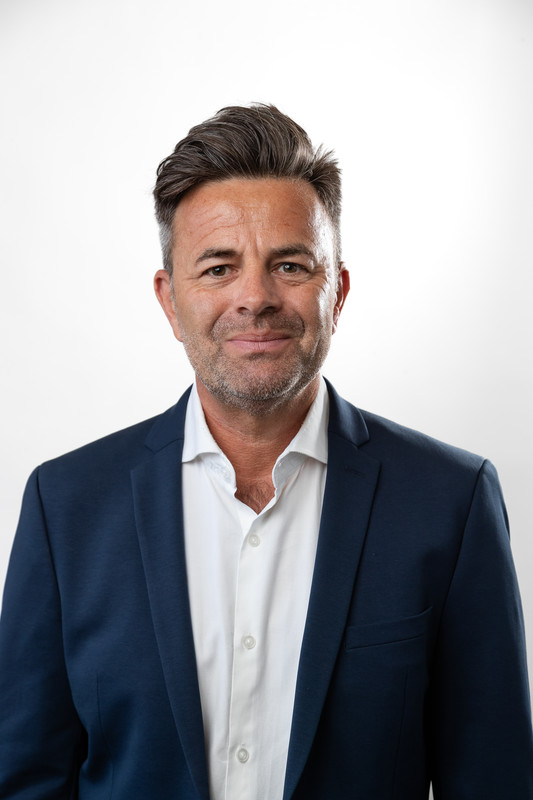Professor David McGravie
Pro Vice-Chancellor (International) and Executive Dean, Faculty of Arts, Humanities and Social Sciences

Professor David McGravie is the PVC International and the Executive Dean of the Faculty of Arts Humanities and Social Sciences at the University of Chester, (in post since October 2022).
Prior to joining Chester, David was the Interim PVC Dean of the College of Arts Humanities and Education (CAHE) at the University of Derby (in post since April 2021). At Derby he was directly responsibility for the operational management and academic delivery of three academic Schools (Arts, Education, and Humanities & Journalism) and David led on the strategic development of the College and its alignment to university policy and strategy.
David's professional practice is about leadership, advocacy and sector engagement and he can demonstrate influence that has led to substantive impact on both national and international levels. Throughout his academic career David has used his standing and experience as a platform to promote the creative arts and creative industries as a valuable contributor to the wider economy and society. From a UK creative arts sector perspective, David's profile amongst his peers is high, his views are valued, and his active participation is sought by numerous organisations – clearly demonstrated through the election as Vice Chair of CHEAD in 2021 and as Chair in 2023.
David has used his profile and influence to further develop my standing amongst his peers, successfully using his first tenure as a Trustee on CHEAD to argue that strategic change was required from CHEAD and its Board. He raised this issue at a number of meetings and a strategic alignment with Policy Connect (https://www.policyconnect.org.uk) was established. CHEAD now operates with an increased remit of sector advocacy and ambition to influence policy makers in support of the promotion of the value of the creative arts education to the UK.
Professor David has a background in product design and related fields and he was an early adopter 3D modelling and rapid prototyping and a keen advocate of the benefits these bring to the design process. The integration of digital processes within traditional design has been a key part of his pedagogy and approach to curriculum design.
David remains interested in the ways in which the further development and deployment of 3-D printing technologies (sintering and multi-material systems) reframe the inter-relationships of consumer- object-designer, and may introduce the notion of bespoke manufacture. This re-defines what a designer does and their role in the development of a consumer object, and also re-defines the role of the consumer from a relatively passive purchaser selecting from a range of predefined objects, to a relatively active customer contributing to the particularities of the object as instance rather than as mass production.
David has spent a large part of my HE experience working collaboratively with UK, EU and partners overseas. As a key supporter of TNE in its broadest sense, he has taught in China and Malaysia amongst other countries, and he is well versed in leading and supporting curriculum developments in the EU and OS markets.
David's research activity is focused on two key aspects: sector level work on leadership and an internal research project that is exploring the intersection between creative thinking and critical thinking
• leadership, strategic thinking and advocacy in the creative industries with particular reference to the higher education sector and the role of arts within the secondary education sector. I now lead the CHEAD Leadership programme and schedule leadership development sessions on behalf of the sector (see https://chead.ac.uk/leadership-programme/ )
• creative thinking <intersection> critical thinking
“Exploring the intersection between creative thinking and critical thinking in support of developing an enquiry led pedagogy”.
Utilising the research strengths of the College and the opportunity to examine creative practice within a creative art school setting, explore the intersection between the two areas of thinking (creative and critical) with a view to define an approach that translates the tacit to explicit within a wider skills framework pertinent to successful graduates of the future and can be deployed into non-creative areas.
Under David's interim tenure at Derby, real progress in respect of research and innovation, specially within the area of knowledge exchange and enterprise. David's enterprise work can be seen in two key engagements: through his work with Dubrek Studios (a local commercial recording studio/social venue that the University of Derby partnered with and signed an agreement to support mentorship and work experience) and with GoldBox Productions (a graduate led start-up company with whom we partnered with signalling potential university support for new business ventures).